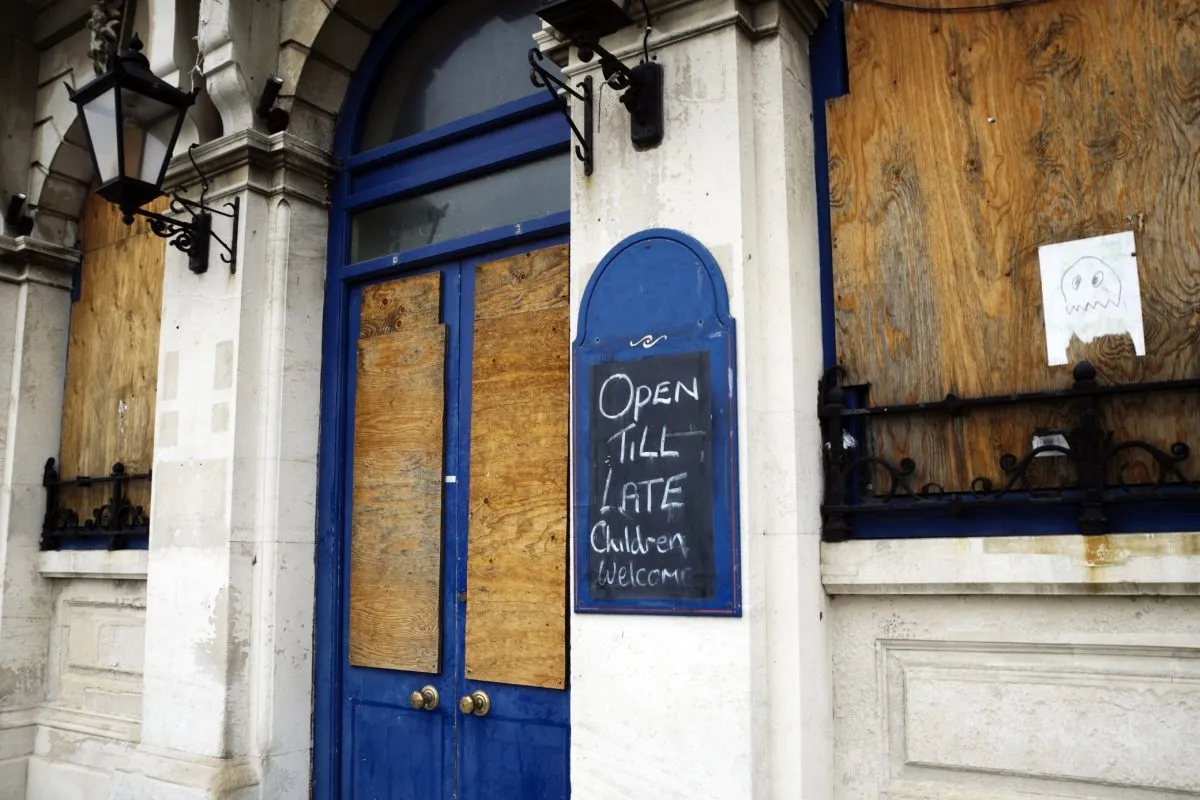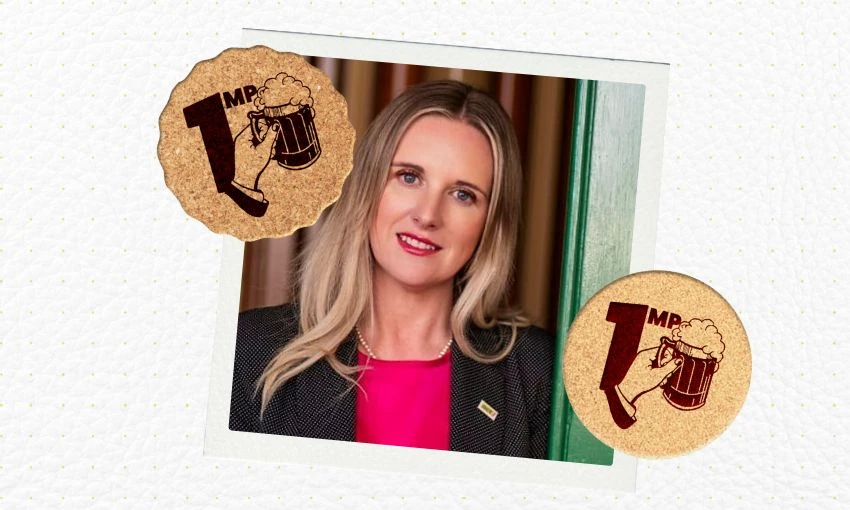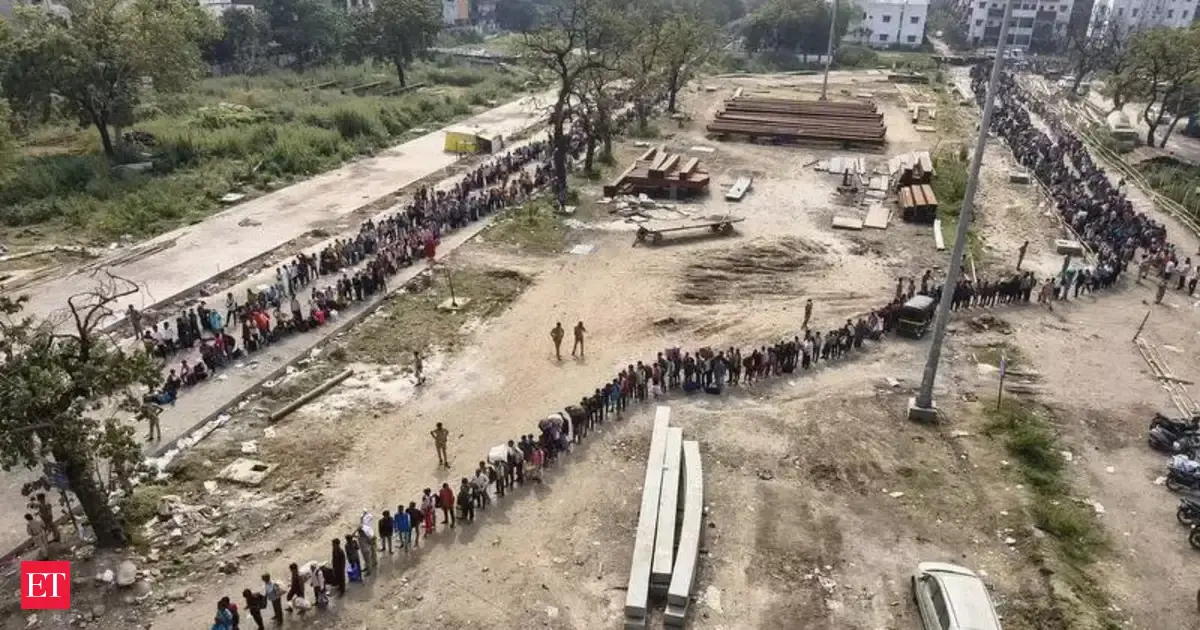Copyright cityam

Pubs and bars are closing at the fastest rate seen this century, fresh City AM analysis has found, as rising costs squeeze many in the hospitality sector to the point of collapse. The number of British pubs and bar businesses appointing liquidators or administrators surged to 449 in the first 10 months of the year, the most in more than two decades, according to figures compiled using insolvency disclosures. That represents a rise of five per cent compared to the same period last year, and a more than tripling compared to 2015, as hospitality firms wrestle with the fall-out from the Covid lockdowns, last year’s tax rises and rising employment costs, plus weak consumer confidence. Kate Nicholls, chair of trade body UK Hospitality, said pubs and restaurants are still bearing heavy Covid debts, with this situation made worse by business rate and national insurance hikes at last year’s Budget. She told City AM: “Put simply, these figures reflect what we’ve been saying to the Government and others for some time, [that] the money coming through the front door is not enough to cover the costs of doing business, and therefore many businesses are running out of road.” This comes after Britain’s best-known pub chain warned it is becoming “more cautious in its outlook” as the industry braces for further tax hikes and rising minimum wages at the Budget. Tim Martin, founder and chairman of JD Wetherspoon, said: “Increased labour costs are, consequently, dramatically widening the pricing differential between pubs and supermarkets, to the anger and consternation of customers.” In July, the British Beer and Pub Association (BBPA) warned that one pub will go under every day this year. The trade body called on the Government to reform business rates to make them less harsh on the hospitality sector. Because business rates are calculated according to property value, the tax can be disproportionately high for pubs and bars because they often occupy high-value buildings and locations. The insolvency data showed British restaurants are also struggling, with a record 1,440 going under in the first ten months of 2025, though this represents a slight decline compared to the previous year. But this figure is still 125 per cent higher than a decade ago, and the industry is warning that things could get worse at this month’s Budget. Last year’s Budget is thought to have resulted in £3.4bn of extra costs for the hospitality sector. This month’s Budget could see the industry hit harder by business rate changes and “sin” taxes on alcohol. Nicholls said: “We need the Chancellor to throw us a lifeline. At worst, we want no new taxes, and we want measures to rebuild consumer and investor confidence. At best, we want some reversal of those tax hikes.” She also warned that insolvency is a lagging indicator, so many pubs and bars may yet shutter as a result of last year’s Budget. Fears of further cost-increasing measures for the hospitality sector come as Prime Minister Keir Starmer vows to “bring the buzz back” to pubs and bars. Last month, Starmer unveiled a “blitz” survey of landlords and customers which is expected to result in reduced red tape on hospitality, which could see pubs and bars open later. The Prime Minister said: “This review is about cutting red tape, boosting footfall, and making it easier for venues to put on the kind of events that bring people together.” However, industry insiders remain sceptical of the initiative, with one leading hospitality figure telling City AM: “The damage has been done, and now this consultation is just for show.”



